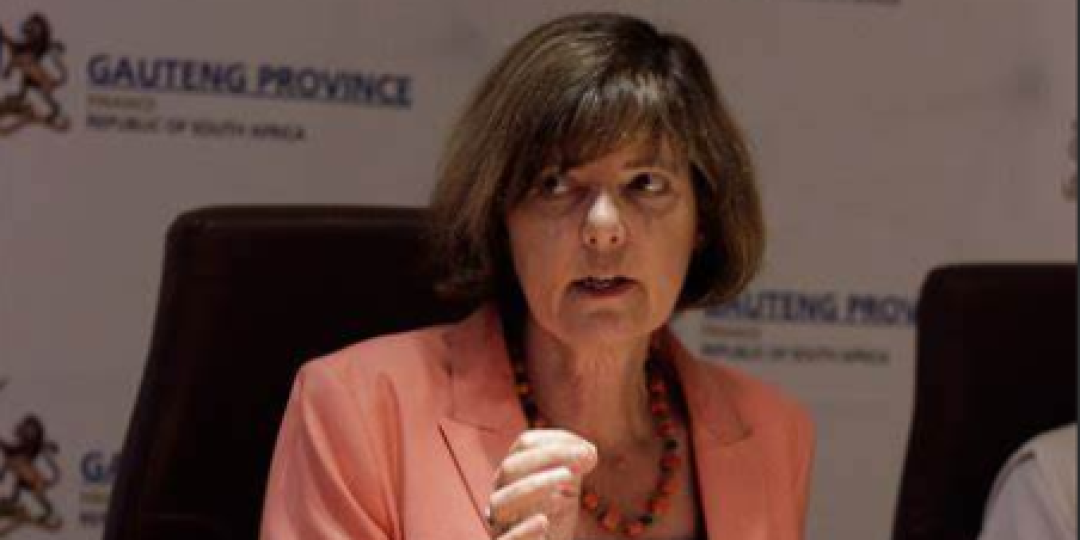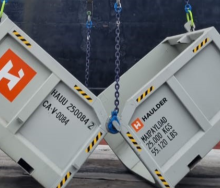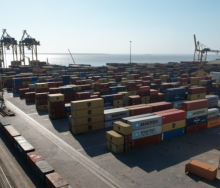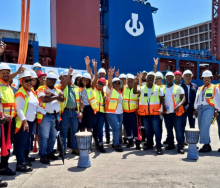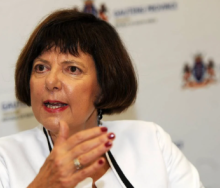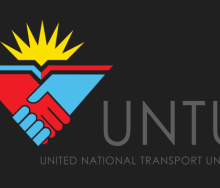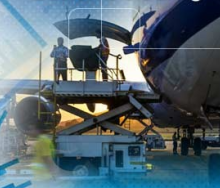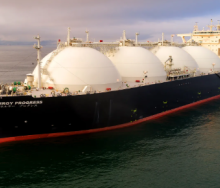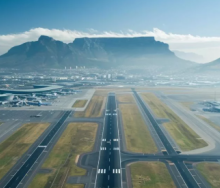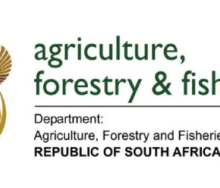New minister of transport Barbara Creecy has pledged her support to work closely with the private sector and the National Logistics Crisis Committee to turn around Transnet and boost its performance to pre-Covid-19 pandemic levels.
Delivering the keynote address at the opening of the 42nd Southern African Transport Conference in Pretoria on Monday, Creecy outlined the status quo of the transport sector, the myriad issues facing it globally, and the work the National Logistics Crisis Committee had done so far to fix Transnet. The conference, attended by business leaders, industry experts and government officials from across the region, runs from July 8-11.
Creecy expressed her commitment to working with the industry to face its challenges.
“May today serve as the beginning of a new relationship between myself, my office, and the important industry stakeholders assembled here. An efficient and functioning transport sector is the key to a successful economy,” Creecy said.
“We all know today that our sector is not operating as either an effective economic facilitator or social service. The condition of our roads, logistical and capacity issues affecting our freight network and road safety are just a few of the problems that have plagued this sector in recent times.
“When our transport systems suffer, our economy faces depressed economic growth, declining investment and working people cannot get to their jobs affordably or on time and we see a rise in unemployment in a country that desperately needs more jobs,” the minister said.
The establishment of the NLCC, chaired by President Ramaphosa and cabinet’s adoption of the Freight Logistics Roadmap were significant developments to confront these challenges, she added.
“Together with minister (of planning, monitoring and evaluation) Maropene Ramokgopa we will ensure important reforms at Transnet continue so that the entity reaches pre-pandemic performance levels.
“Anchoring times for ships waiting to berth at the Port of Durban have been reduced, and a terminal operator has been appointed to enter into a joint partnership with Transnet to develop and upgrade the port.”
She said her department would prioritise road safety and the implementation of its green strategy which is focused on investing in renewable energy infrastructure and promoting the switch to alternative fuels.
South Africa signed the 2030 Agenda for Sustainable Development, adopted by United Nations members in 2015. One of the sustainable development goals is to halve the number of global deaths and injuries from road traffic accidents by 2030.
However, Creecy said a Statistics South Africa report titled Road Transport Accident Deaths in South Africa, 2007-2019, revealed that the number of deaths resulting from road transport was unacceptably high.
Creecy added that the growth of digital technology and new inventions powered by renewable energy would revolutionise transport over the next decade, while the transition to new energy vehicles (NEVs) was also accelerating rapidly across the globe.
“Such innovations include operational automation and real-time tracking of shipments to assist in port management, digital signalling to modernise the management of our railway system, and the use of artificial intelligence in traffic management, and the introduction of self-drive vehicles and drones for delivery,” she said.
“It means no time must be lost to upskill those already working in the industries so that they are not left behind as we transition to the widespread use of these new technologies.”
Sales of new petrol and diesel cars will be banned by 2035 in Europe. New York has also announced that sales of nearly all gas and diesel-powered cars and trucks in the state will be banned by 2035.
Creecy said her department would prioritise its Green Transport Strategy which ensures that its objectives are not at odds with the country’s climate change mitigation goals.
Creecy added that in the era of hyper-globalisation the country must use its unique geographic position as an important transit hub for landlocked neighbours and other countries on the continent.
“By fully integrating and upgrading our rail networks in the southern African region we can further the objectives of agreements such as the African Continental Free Trade Area and, from a South African perspective, take advantage of our membership of Brics to access new markets,” she said.
